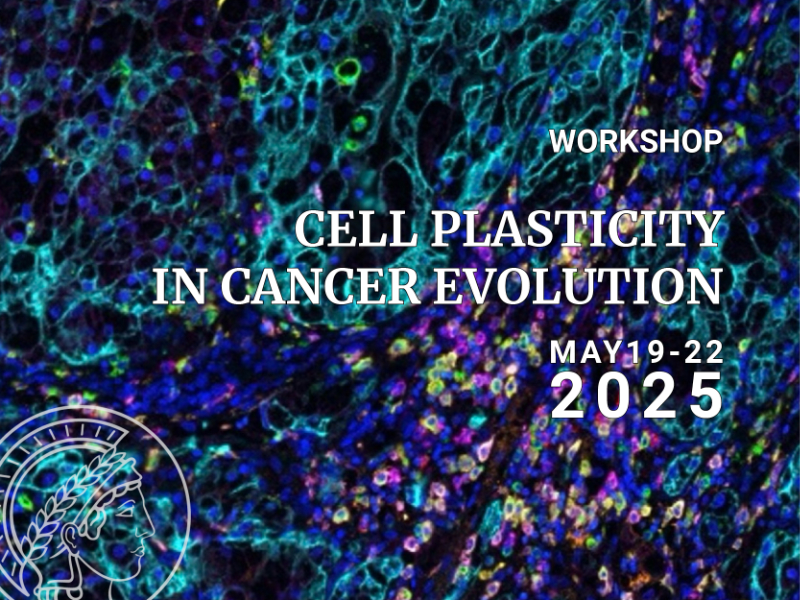Speaker
Description
In recent years, some bacterial species, most prominently Fusobacterium nucleatum (F. nucleatum), have been associated with an adverse pancreatic ductal adenocarcinoma (PDAC) progression. While analysis of the impact of these bacteria on PDAC cells is now beginning, knowledge on the effects of bacteria associated with prolonged survival like Alkalihalobacillus clausii (A. clausii) is lacking. To investigate whether the changes of tumor microbiome composition are a symptom or cause of PDAC evolution, we infected different PDAC cell lines with F. nucleatum or A. clausii in vitro. The associations of bacteria to cancer cells was heterogenous within and between the cell lines. Presence of bacteria in the coculture led to changes in gene expression of marker genes, future proteome analysis of infected cancer cells will expand on these findings. An observation that the number of PDAC cells was reduced in coculture with A. clausii was implemented in a mathematical modeling approach, differentiating competition and influence on growth rate. Data from cancer microbiome sequencing of PDAC tissues will be expanded by correlation with clinicopathological data and tumor stroma architecture.

